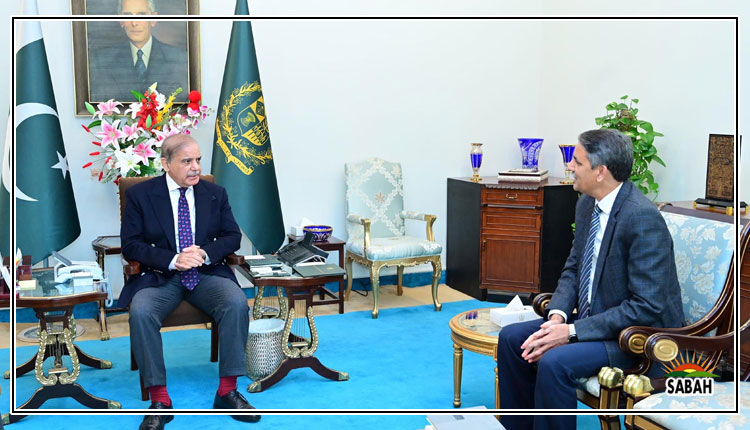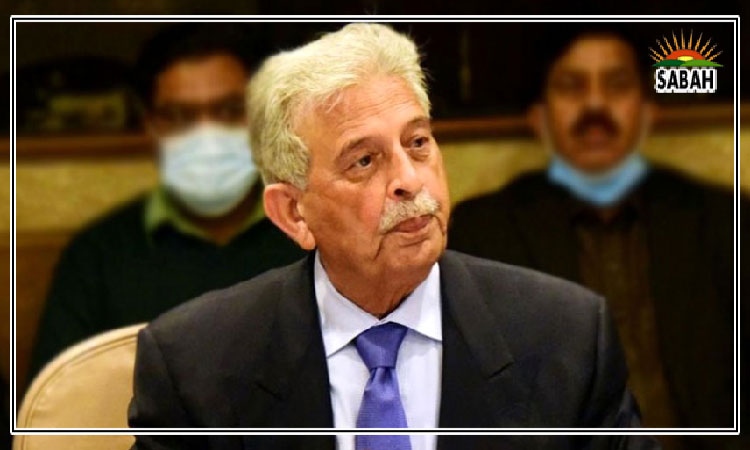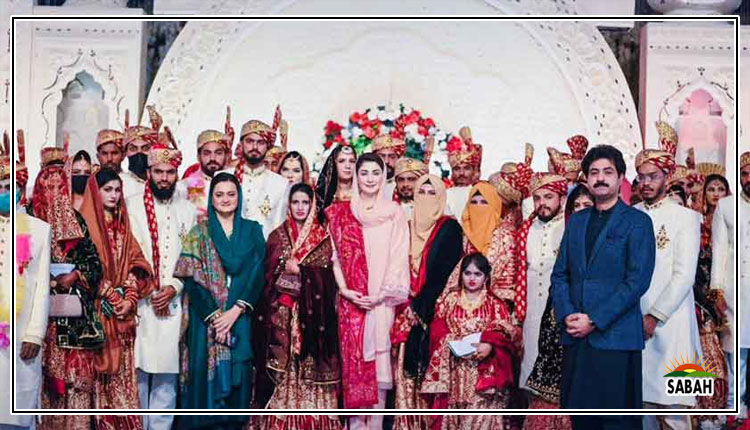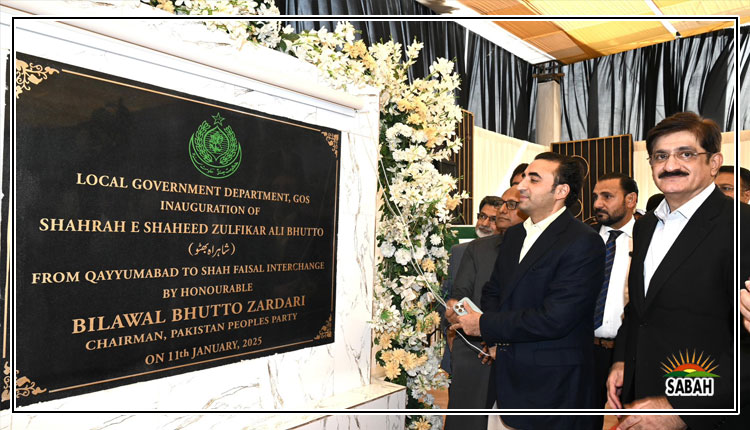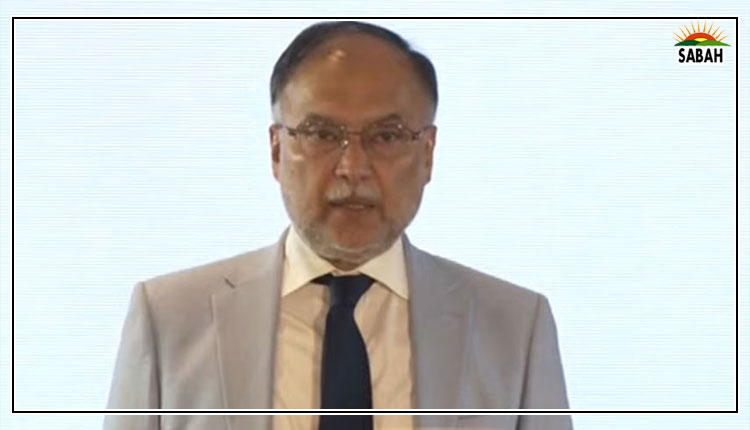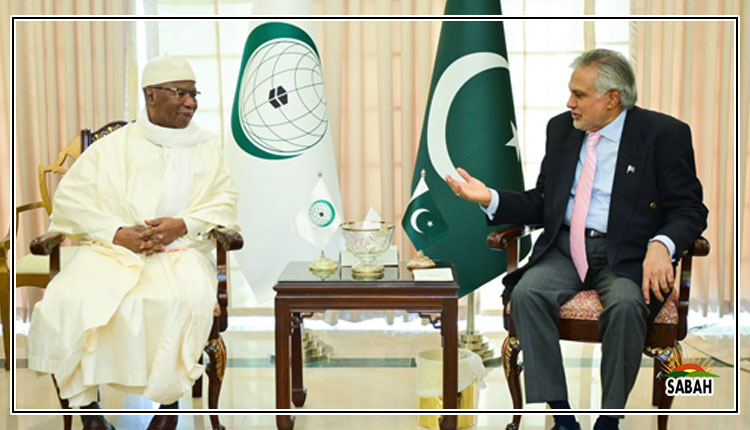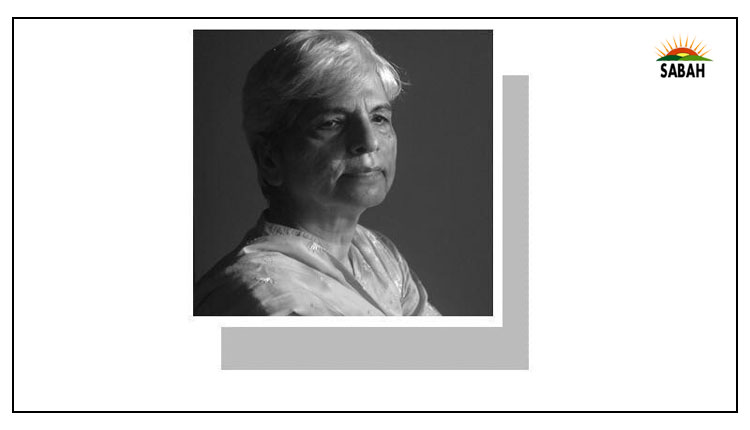Reach the masses…Zubeida Mustafa
RECENTLY, I attended the Urban Resource Centres Forum on the urban poor and land use management in Karachi. NED Universitys Prof Noman Ahmed spoke on the subject. This was followed by observations from the audience comprising mainly young and intelligent university and college students fully engaged with public issues. The URC was set up in 1989 and is the brainchild of architect and town planner Arif Hasan.
The URC is not the only institution educating the people on issues that have a bearing on their lives. The Irtiqa Institute of Social Sciences, a think tank founded in 1993 by progressive academics, is doing the same. Of late, social activist Kaleem Durrani has revived it, attracting young and old alike to its fold.
Yet another group is the newly founded Concerned Citizens Alliance, which was set up in response to the economic and political crisis that has gripped the country since 2021. Its objective is to mobilise experts from various walks of life to discuss the countrys multifarious problems and suggest solutions they hope the rulers will adopt. Azhar Jameel, a co-founder, was a political activist but the Alliance has no political agenda.
There are a number of other similar groups working to educate people and create public awareness. Such bodies are rendering a useful service in a society where the free dissemination of information on sensitive and controversial issues is not encouraged. The establishment is on the defensive if it is criticised and its knee-jerk reaction is to clamp down on the free expression of opinion. The media has always been in chains in Pakistan even in the days when the country supposedly was democratic. As for the academia and the publishing industry, who hasnt heard of teachers and writers meeting a sorry end because of their liberal views? The banning of books is still a phenomenon not unheard of in Pakistan.
Political parties whose job it is to educate the people politically and tell them about their problems and how they can be resolved do not take this function seriously. They are devoid of statesmanship and lack an intelligent understanding of national issues. It is beyond them to study these issues and look for solutions. Being power-hungry, they seek to get into office by hook or by crook.
Hence issues such as the history of the Freedom Movement, the emergence of Bangladesh, the role of the army in Pakistans politics, the use of religion to promote political interests and our ties with India are hardly open to an objective and non-partisan discussion in academia. This gives an open field to the pulpit that has made matters worse by spreading obscurantist views in the garb of faith. Any criticism of the founder of the nation, the defence forces and faith-related matters makes one liable to punishment. In such an environment, the organisations mentioned enable a sane and sensible debate on otherwise taboo subjects.
The problem is that these institutions can reach only a limited audience. Given Pakistans low rate of education and high level of poverty, such think tanks will have to reach out to the masses to make knowledge and information widely accessible. Hence events such as the URC Forum will have to become a regular exercise that go beyond converting the already converted. The need is to be inclusive and widen the reach of their activities by going to the masses who are handicapped by illiteracy and poverty. People may be open to intelligent discourse but lack the resources to come to their hosts. Their interest in such matters is evident from their participation in Facebook, TikTok, Instagram, etc.
Is it not possible to mobilise the youth who attend the URC Forum and organise and train them to form study circles in low-income localities? By holding interactive meetings with their counterparts in various areas, privileged youth will also gain knowledge of the other half. They would be paying back to society what they have gained over the years. In the process, many of the uneducated will be learning something.
The URC can go further, Following the dictum of Paulo Freire, the author of Pedagogy of the Oppressed, these study circles can provide the youth an opportunity to acquire literacy skills as well. Freire used such occasions to impart literacy to adults with whom he interacted. He observed that they were so keen to learn while discussing their problems that their progress was phenomenal. He described his pedagogical method as dialogical.
Such an exercise would benefit the youth from the URC too. Learning is a two-way process and both sides would benefit. While the underprivileged youth would gain access to information, URC educators would win the goodwill of the huge majority we call the masses.
Courtesy Dawn



